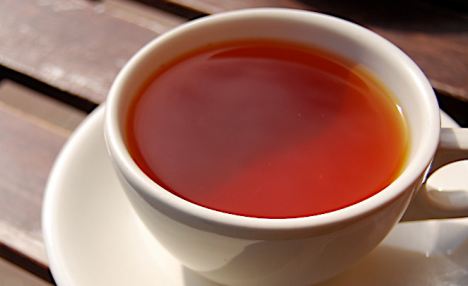Pakistan does have one of the largest tea Industry consumptions in the world and that is because the people are so fond of tea drinking to an extent of addiction. The nature of drinking tea has been continued from the sub continent India where the people of Punjab and Lucknow are considered to be crazy regarding the tea. The Muslims which migrated to Pakistan do also brought the trend with them. Generally Pakistan tea Industry does not produce its own tea and for that purpose they are importing it form the countries like Kenya, Bangladesh and Sri Lanka.
Tea Industry in Pakistan
A modern tea research laboratory has been set up in the National Tea Research Institute (NTRI) Mansehra. The laboratory will process and cultivate tea on a commercial basis to enhance domestic production and reduce the import bill of the commodity. The laboratory consists of departments for soil sciences, entomology, biochemistry and horticulture for research and development of tea production in the country. The project, initiated by the Ministry of Food and Agriculture, will be completed within the next two years at a cost of Rs.490 million.
In Pakistan Tea Industry there are various brands which are associated with the tea and many of them are very much popular not only in Pakistan but also in the world over. Tapal Tea led tea sales in 2012, recording a retail value share of 25%, followed by Unilever Pakistan (17%) and Tetley Clover (8%). The retail value shares of Tapal Tea and Unilever increased in 2012. However, Tetley Clover’s sales share declined slightly during the year.
Pakistan Agriculture Research Council (PARC) Chairman Dr. Muhammad Afzal has said while addressing the inaugural ceremony at NTRI; that the import bill for tea was around Rs 20 to 22 billion per annum, which is a huge burden on the national exchequer. The biggest relief, he said, would be the reduction in foreign exchange spent on tea imports. He said that the forest departments of Azad Jammu and Kashmir and Khyber-Pakhtunkhwa (K-P) had provided 1,000 acres for research purposes. In addition, three tea nurseries have been set up in AJK, Swat and Bajaur Agency, with 32 acres being cultivated in Abbaspur in AJK, and 29 acres in Bajaur. The chairman said, “These nurseries now have million of plants which are ready for cultivation.”
Tea Industry in Pakistan should focus on these proposals so that they can produce their own tea with in the country which will reduce the annual burden on the imports and even can be a major component which can be used in trading in the exports due to which Pakistan is planning to enhance and initiate local tea production to reduce import bill, which is Rs 18, 700 million per year.

